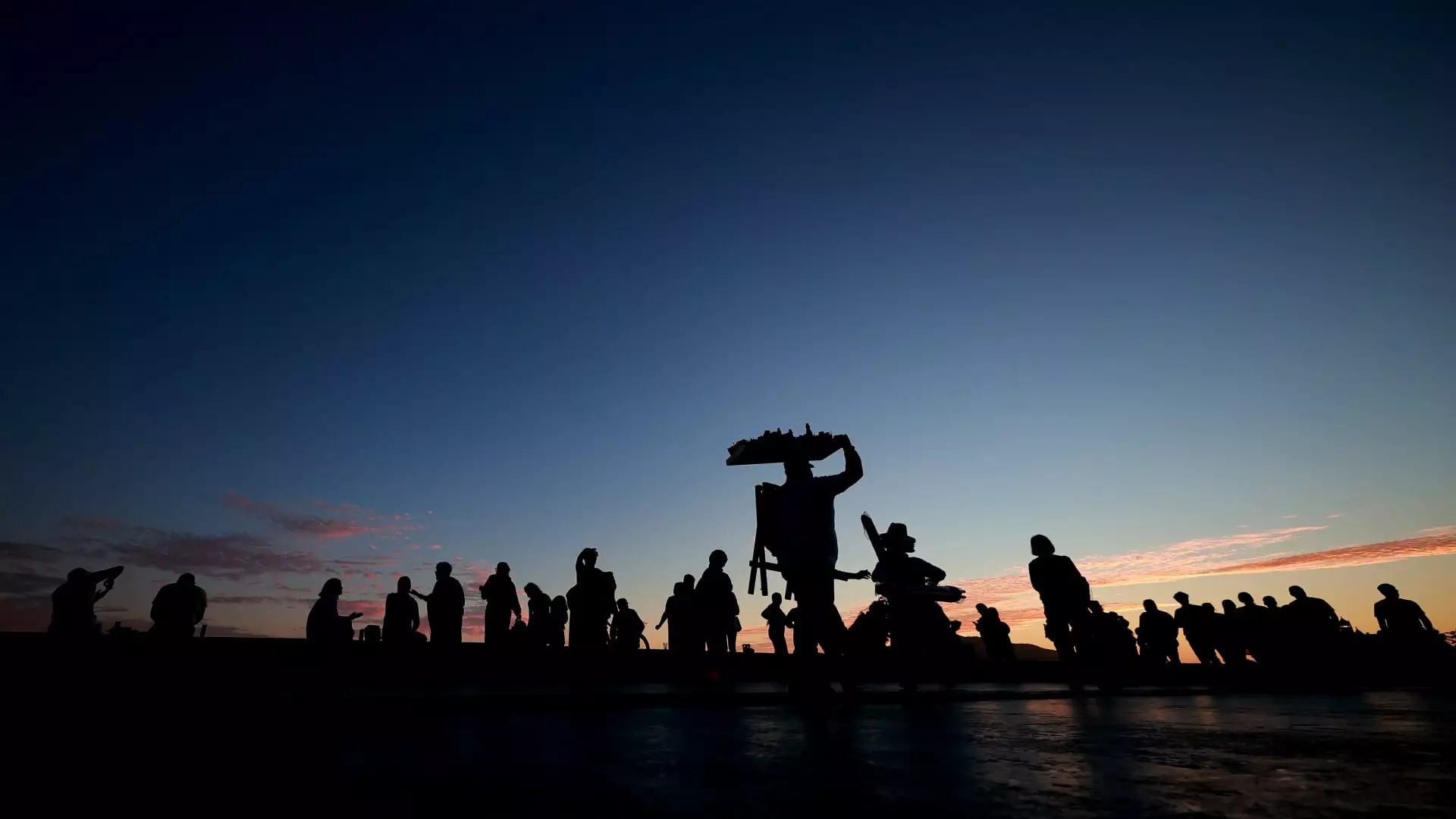The solar eclipse that took place on Monday caused unexpected disruptions for several smaller airports across the United States. While traffic adjustments by the Federal Aviation Administration are often necessary due to weather conditions and heavy traffic in major city hubs, the high demand for prime views of the eclipse led to jammed airports in places like Burlington, Vermont, and Southern Illinois.
Airports such as Southern Illinois Airport in Murphysboro were forced to close runways to park planes as they reached maximum capacity for eclipse flights. The head of operations, Alyssa Connell, mentioned that they had to accommodate 230 small propeller aircraft and approximately 45 larger jets and turboprops, making it the busiest day for the airport in terms of aircraft numbers.
Burlington International Airport in Vermont also experienced a surge in general aviation planes arriving for the eclipse. Dave Carman, the deputy director of aviation operations, noted that they were expecting between 100 and 130 planes, along with scheduled commercial passenger jet traffic. The airport staff acknowledged that it would be a challenging task to manage the increased traffic both during and after the eclipse.
The Federal Aviation Administration had identified the solar eclipse as a major event during its morning planning call at the command center in Warrenton, Virginia. The agency had previously cautioned pilots about potential disruptions and heavy traffic at airports along the eclipse’s path. Major airlines like Delta Air Lines capitalized on the event by offering special eclipse flights for passengers to view the phenomenon from the sky.
Business Opportunities
Aside from the aviation industry, hotels, house rentals, and other businesses were expected to benefit from the influx of tourists traveling to areas with the best views of the eclipse. United Airlines reported a significant increase in bookings to cities like San Antonio, Cleveland, and Little Rock around the eclipse period compared to the previous year. This surge in travel activity indicated the economic impact of the solar eclipse on various sectors.
The solar eclipse not only captivated millions of people across the country but also presented unique challenges and opportunities for smaller airports and associated businesses. The need for careful planning and coordination during events of this scale highlights the importance of adaptability in the aviation industry. Despite the disruptions caused by the eclipse, it also showcased the potential for growth and innovation within the travel sector.

